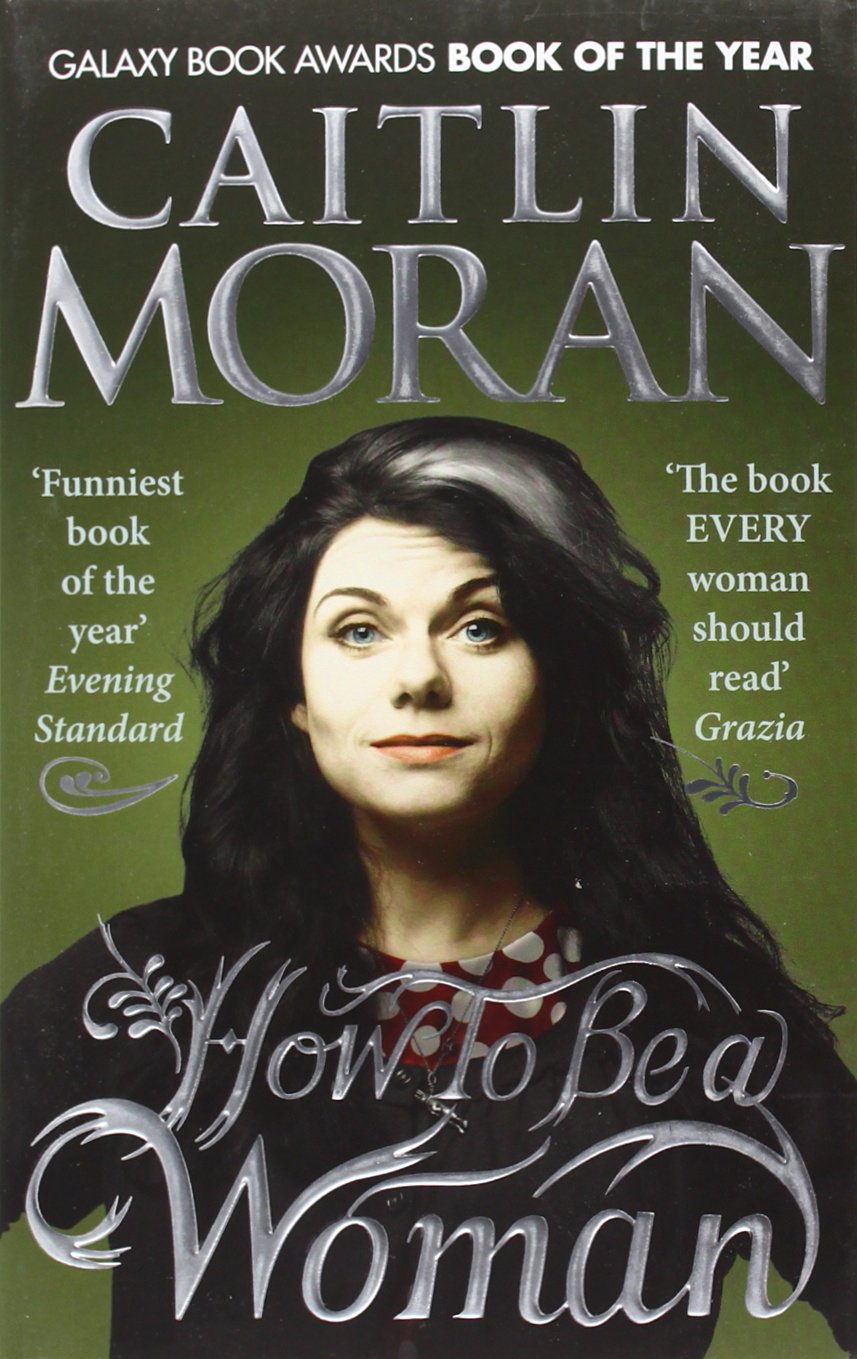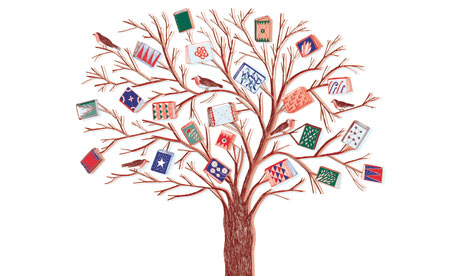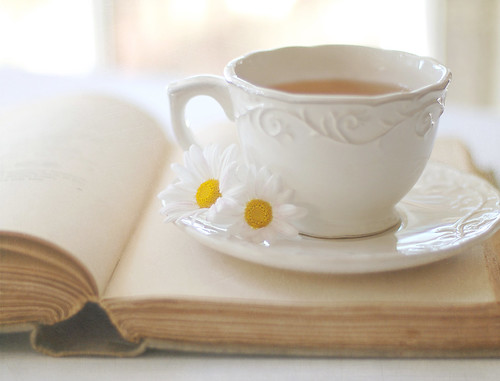 Ding dong…the book is read. Yes, I have finally pored my way through Possession‘s final pages. The end, it turned out, was infinitely more readable than the beginning. To continue the metaphor from my previous blog…the light at the end of the tunnel did not go out, but got brighter (hurrah!), although the meandering tunnel was significantly too long.
Ding dong…the book is read. Yes, I have finally pored my way through Possession‘s final pages. The end, it turned out, was infinitely more readable than the beginning. To continue the metaphor from my previous blog…the light at the end of the tunnel did not go out, but got brighter (hurrah!), although the meandering tunnel was significantly too long.
Indeed, I am happy to say that the story ends well, the plot becomes engrossing and engaging and as a reader you can’t turn the pages fast enough and Byatt deserves praise for this. However, the unrelenting uphill struggle of the novel’s first two hundred pages is hard to forgive or forget. Byatt’s is a brilliant and carefully plotted story, which, in my opinion, is spread far too thinly. As a reader I think we have the right to expect a healthy golden thread of plot and character development throughout every page of a good book, unfortunately Byatt has saved all of her golden thread for Possession‘s conclusion, thus diminishing the chances that her readers may ever last out until the end. I will go so far as to say that, overall, I enjoyed reading Possession, but I say this with a considered and slightly reticent voice. Yes, Byatt rewards her readers with romance, mystery, intrigue, love and loss…but she tempers this by demanding endurance, determination, blind faith and hope – a lot to ask from a first-timer like me.
The story’s themes are clearly stated from the outset…possession and romance; and it is undeniable that Byatt explores them with  brilliance. The book addresses possession on every level…whether that be possession of another, possession of belongings, possession of our own destiny, possession of the words we say and write, or even possession of our cultural ancestry. Byatt deftly interweaves the theme of ownership throughout her entire narrative. In fact, Possession put me in mind of a poem (‘To Love is Not to Possess‘ by James Kavanaugh) I read at a friend’s wedding recently which began, ‘To love is not to possess, to own or imprison, nor to lose oneself in another…’ this, I think, encapsulates the lesson Byatt teaches us (perhaps a little more succinctly too, although admittedly with far less storytelling).
brilliance. The book addresses possession on every level…whether that be possession of another, possession of belongings, possession of our own destiny, possession of the words we say and write, or even possession of our cultural ancestry. Byatt deftly interweaves the theme of ownership throughout her entire narrative. In fact, Possession put me in mind of a poem (‘To Love is Not to Possess‘ by James Kavanaugh) I read at a friend’s wedding recently which began, ‘To love is not to possess, to own or imprison, nor to lose oneself in another…’ this, I think, encapsulates the lesson Byatt teaches us (perhaps a little more succinctly too, although admittedly with far less storytelling).
Would I recommend this book to others? I’m not sure. To my more literary friends, quite probably (along with a warning of possible boredom at the outset). But what about everyone else? I don’t think this is a book for the mass market. Its long passages of poetry and literary criticism might leave many a reader cold. Its constant allusions to classical myth and legend and its cold and often aloof characters might leave the average warm-blooded reader of the 21st century feeling as though they are being held at arm’s length. It seems to me that Byatt’s publishers have done their darndest to disguise the true nature of what lies within the covers of this book, my edition at least features images of seduction from the film adaptation of the book and proudly displays reviews from mass market publications such as Cosmopolitan magazine (that Legally Blonde favourite) declaring that this book is “a triumphant success on every level” – although, truth be told, Cosmo also describe the book as “massive” and “complex” so perhaps a warning is in there.
 I’m glad to have read Possession and equally glad to have finished it. As one of the rules I imposed upon myself when starting this blog was that I wouldn’t allow my fingers to creep back to my old favourites, it has been a real challenge for me to exclusively read Possession for the last couple of months. I have been so tempted to snatch Harry Potter or Tolkien off the bookshelf, but I have resisted. This book has undoubtedly lived up to its name, it has possessed my reading self for far longer than it deserved to. Whether this be my own fault for procrastinating (carrying the book around with me like a great white elephant in the room, spying it out of the corner of my eye and thinking ‘oh God, I really should try to read more of that…maybe I’ll just sort out my tax rebate first’ – I kid you not) or maybe the fault lies with the book itself, who knows. All I can say it this, a weight has lifted from my shoulders…and normally I mourn a recently finished book, like the loss of an old friend. Not so with Possession, I feel relieved.
I’m glad to have read Possession and equally glad to have finished it. As one of the rules I imposed upon myself when starting this blog was that I wouldn’t allow my fingers to creep back to my old favourites, it has been a real challenge for me to exclusively read Possession for the last couple of months. I have been so tempted to snatch Harry Potter or Tolkien off the bookshelf, but I have resisted. This book has undoubtedly lived up to its name, it has possessed my reading self for far longer than it deserved to. Whether this be my own fault for procrastinating (carrying the book around with me like a great white elephant in the room, spying it out of the corner of my eye and thinking ‘oh God, I really should try to read more of that…maybe I’ll just sort out my tax rebate first’ – I kid you not) or maybe the fault lies with the book itself, who knows. All I can say it this, a weight has lifted from my shoulders…and normally I mourn a recently finished book, like the loss of an old friend. Not so with Possession, I feel relieved.
Feeling slightly scarred by my recent experiences, I have opted for a shorter book next time, so that any pain it inflicts may be short-lived. I move on to J. D. Salinger’s The Catcher in the Rye.






















